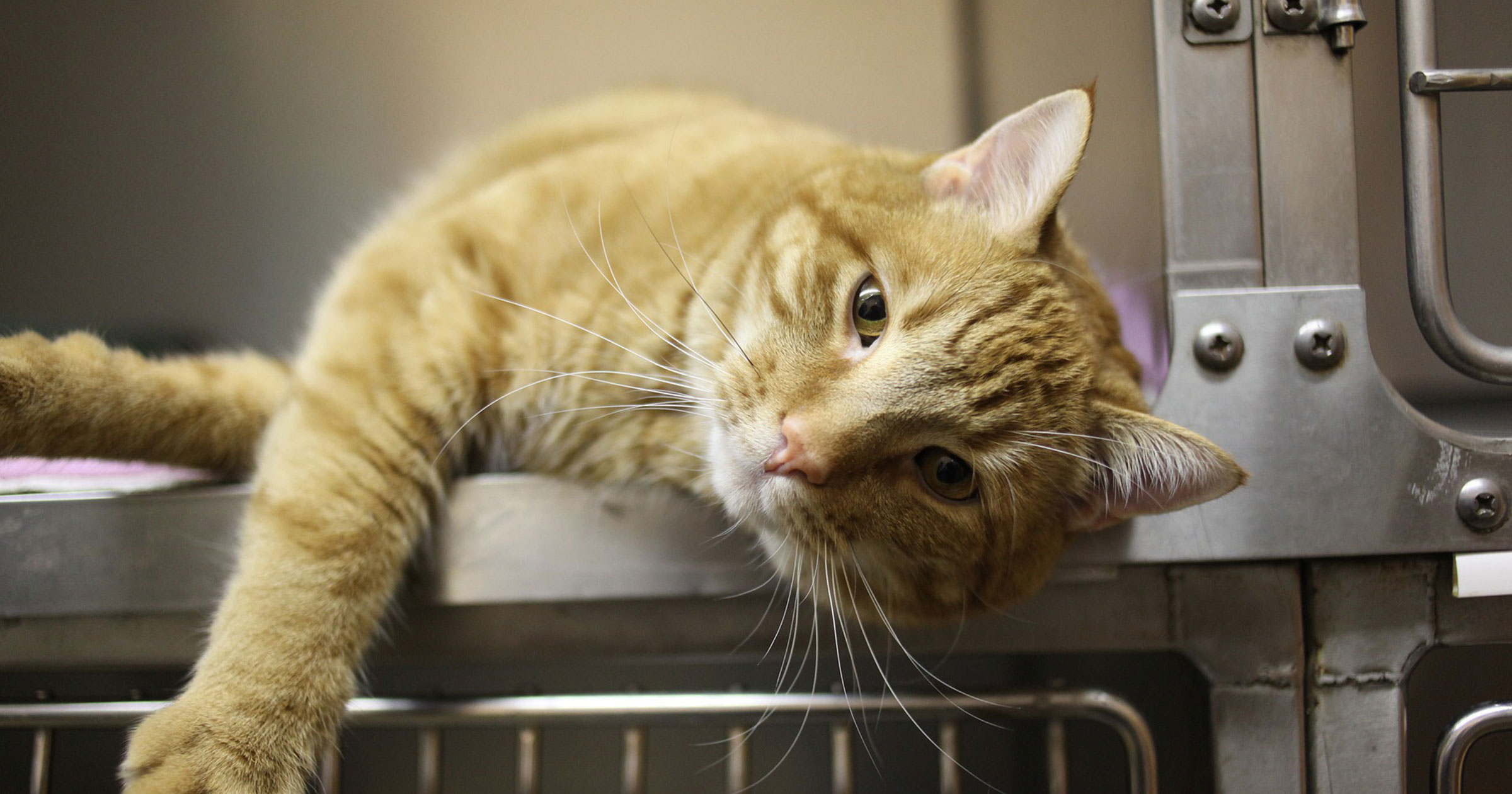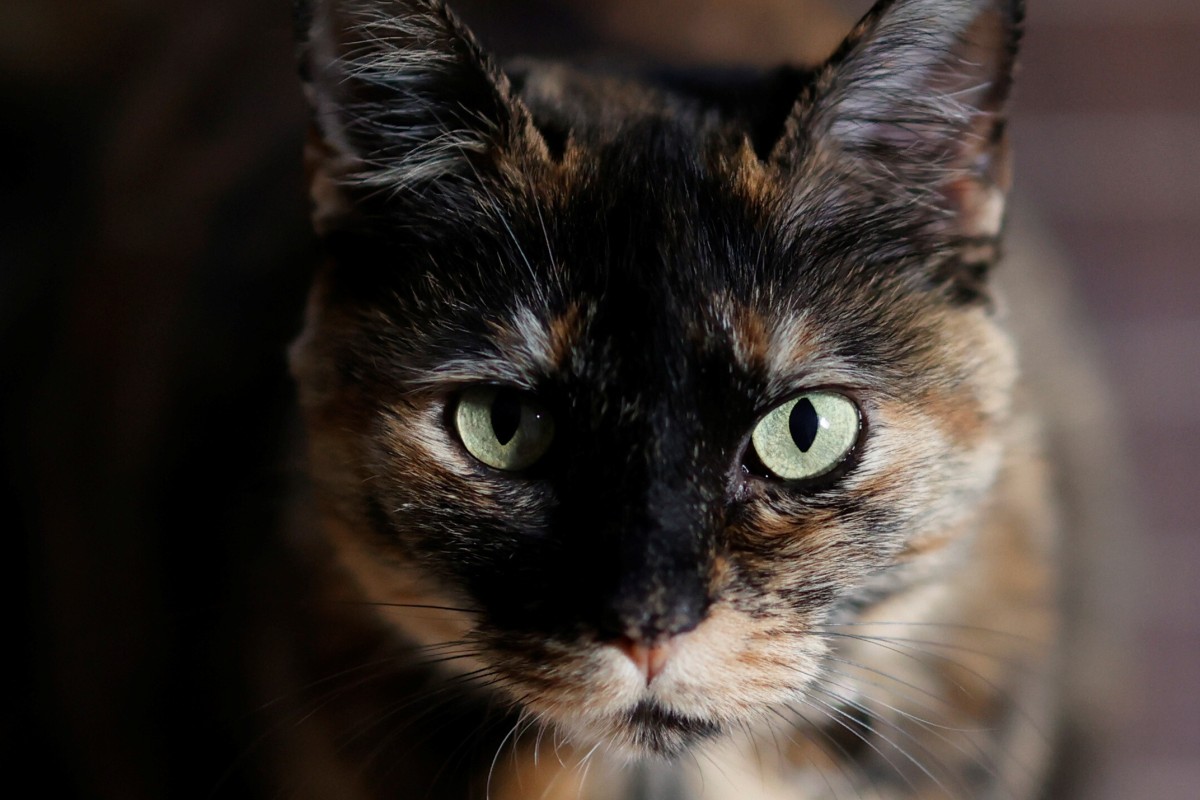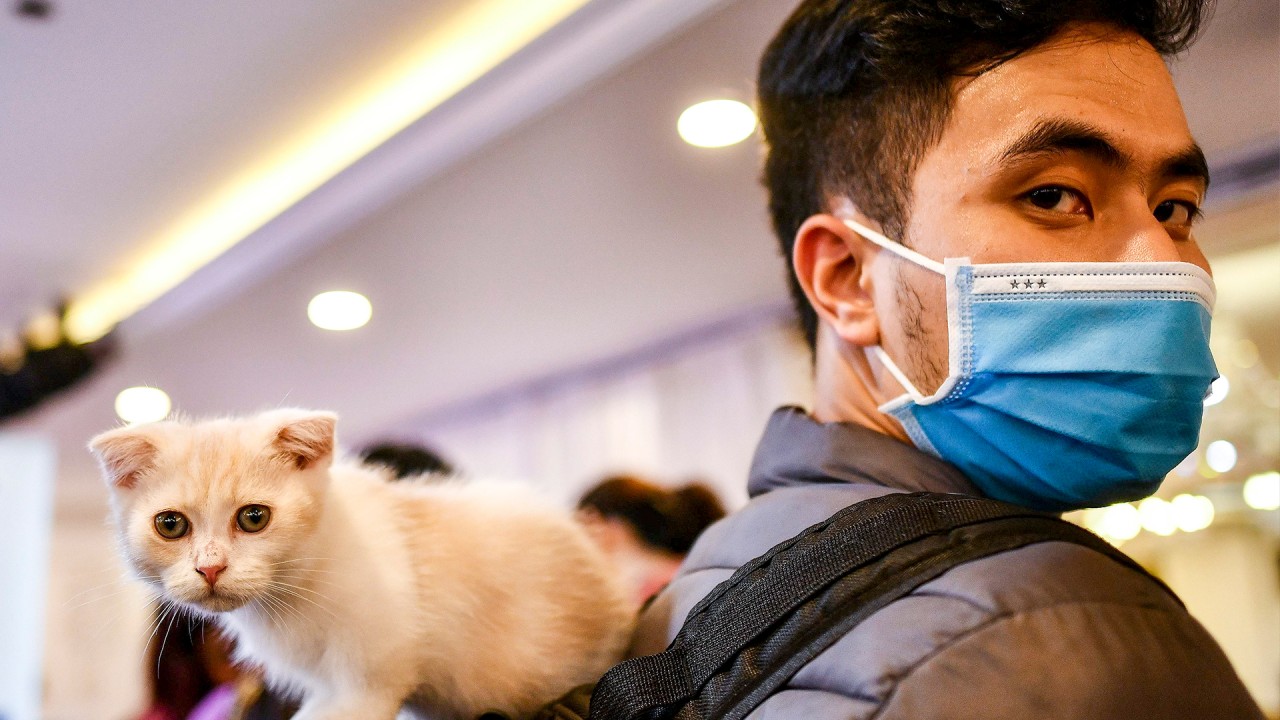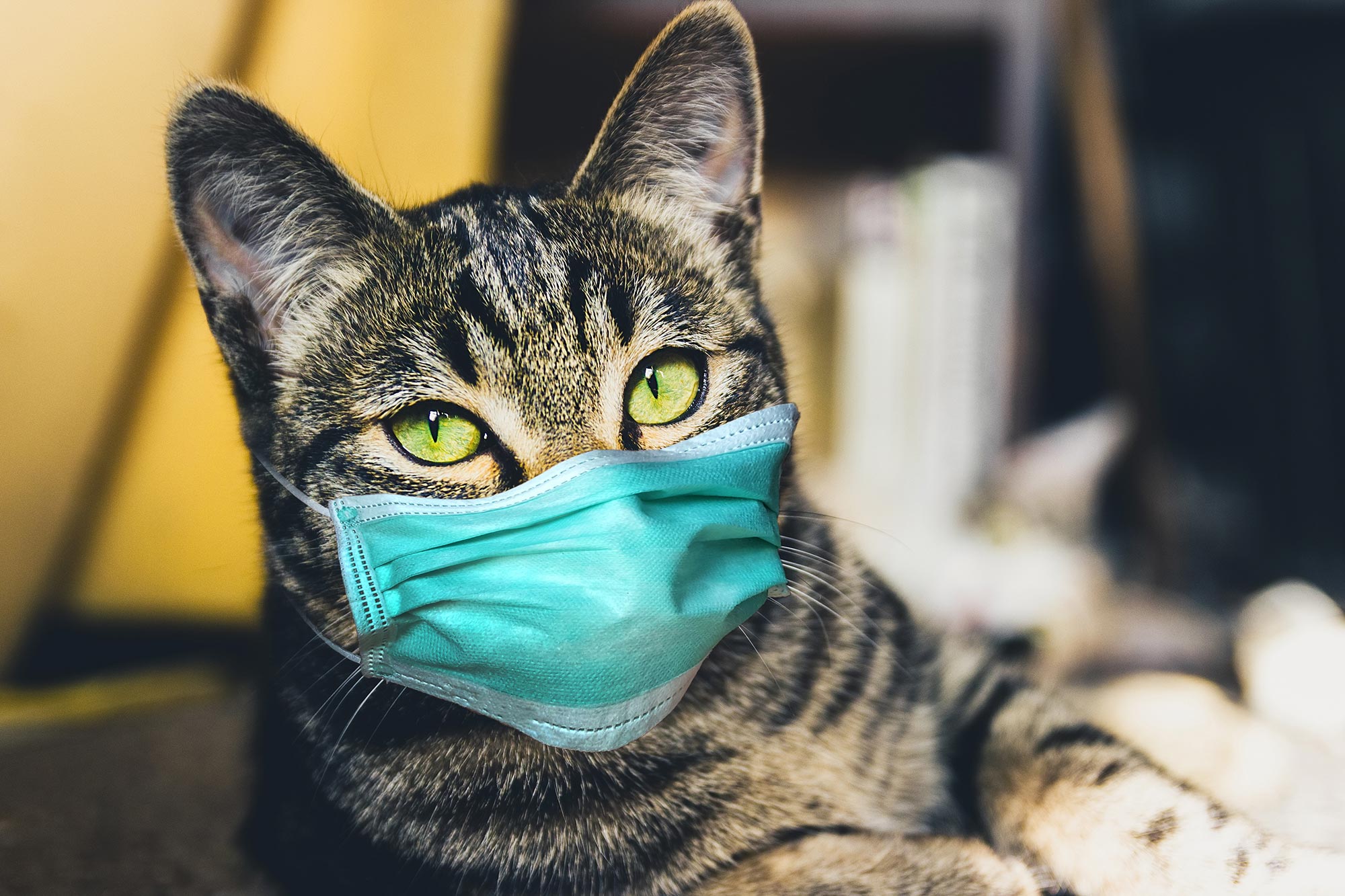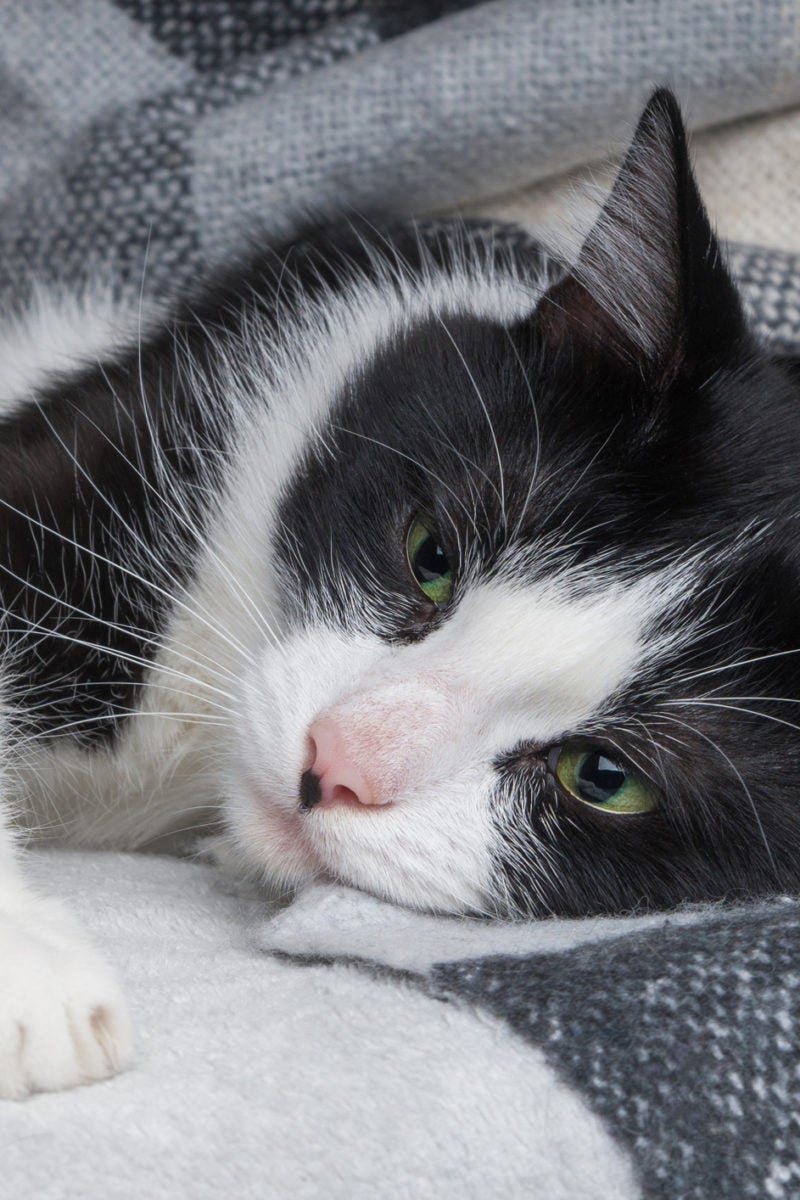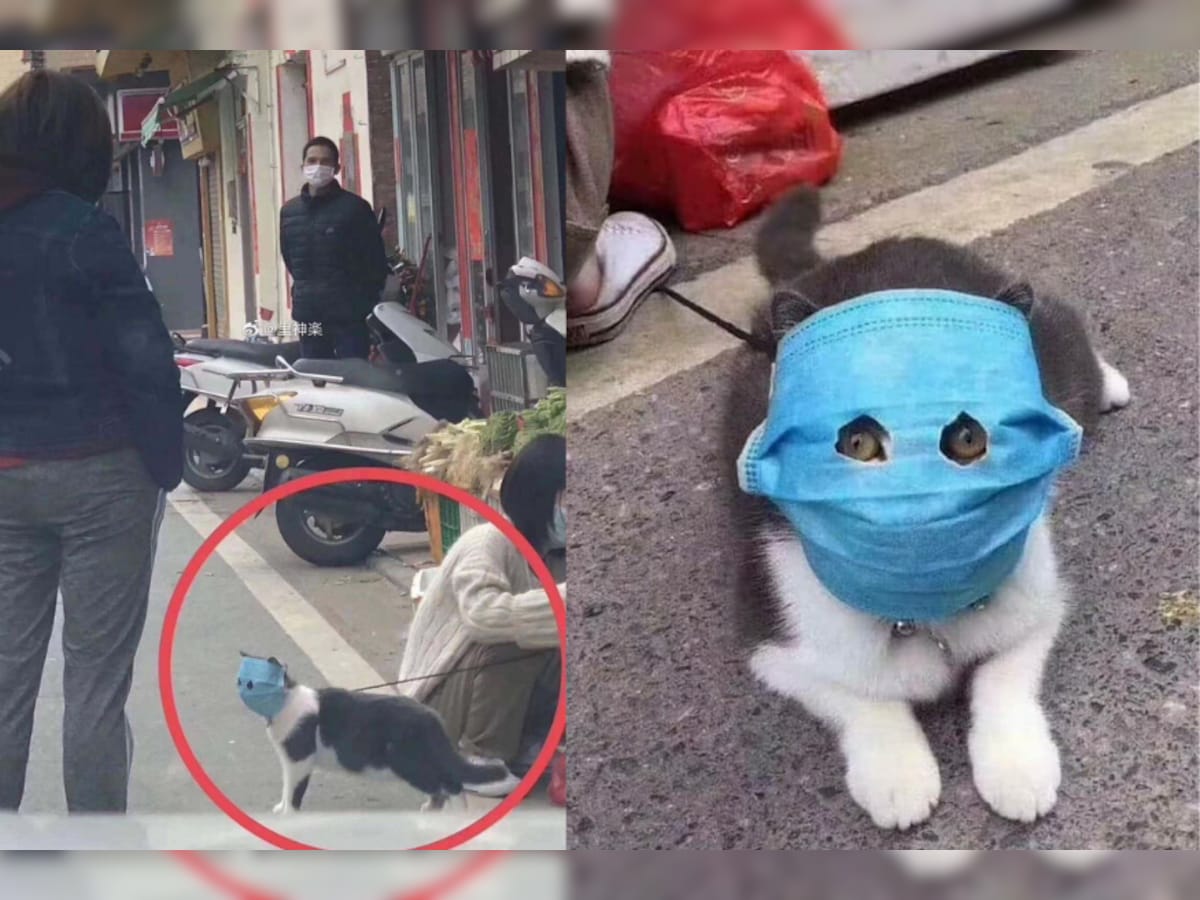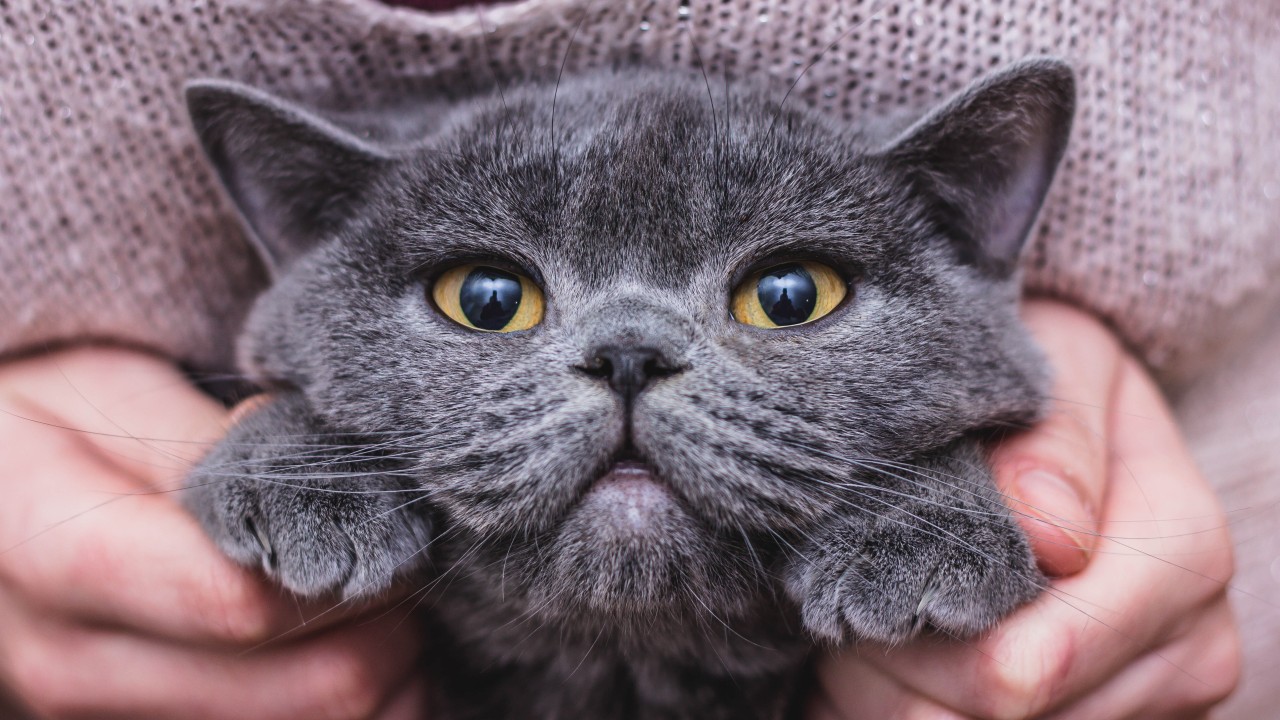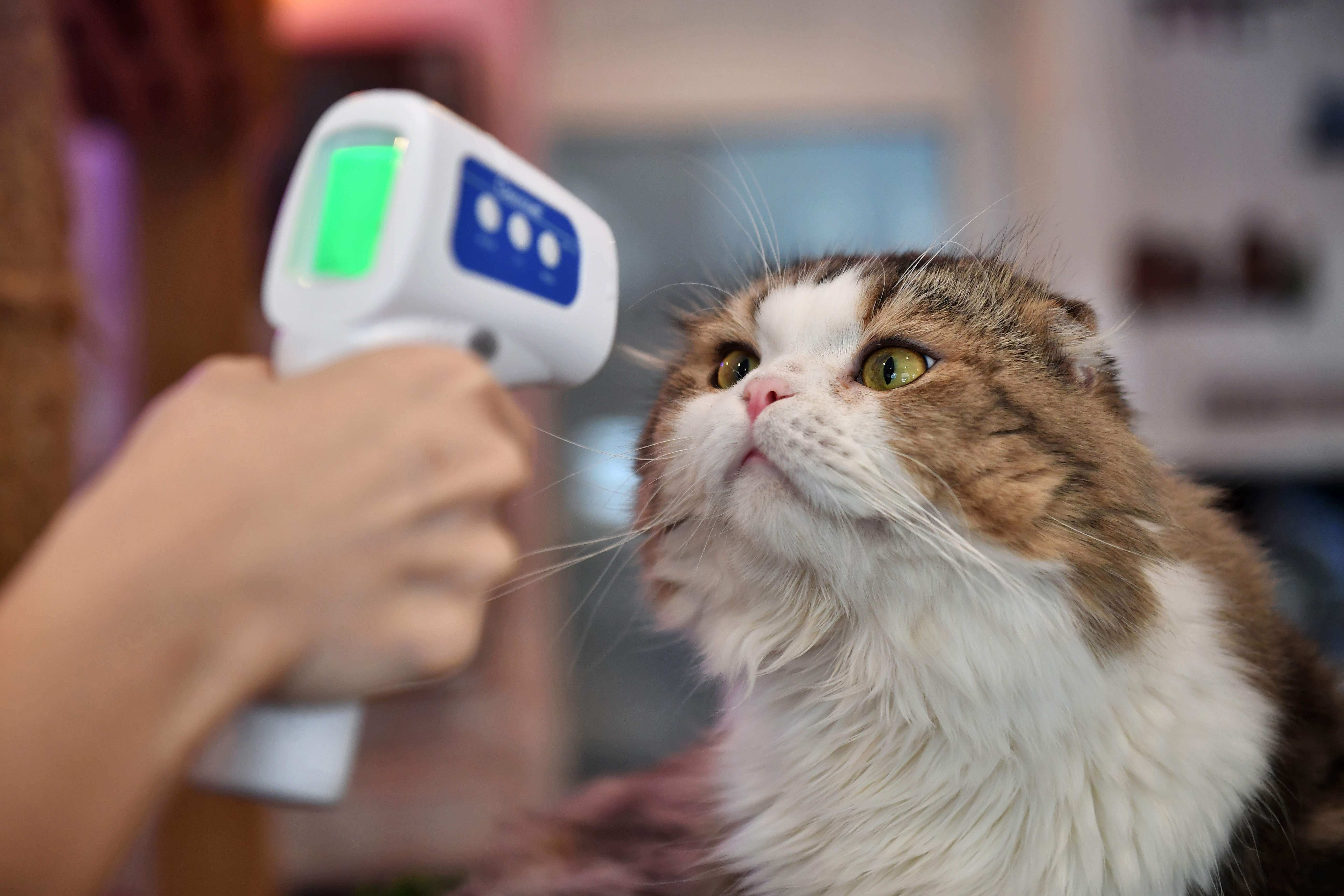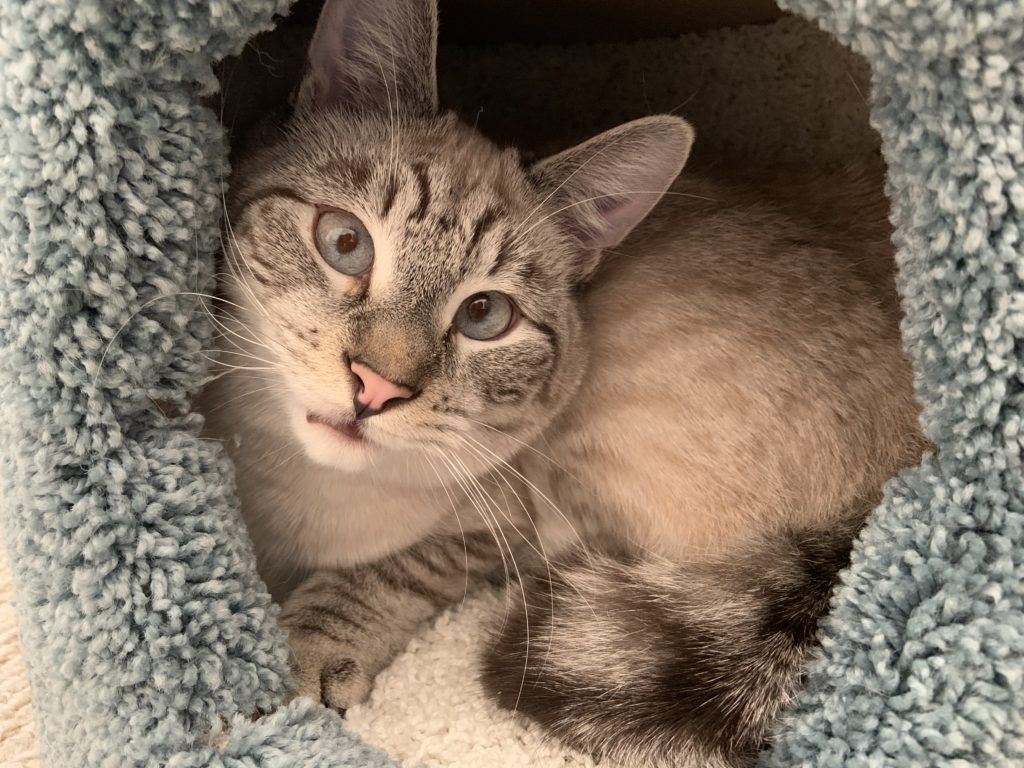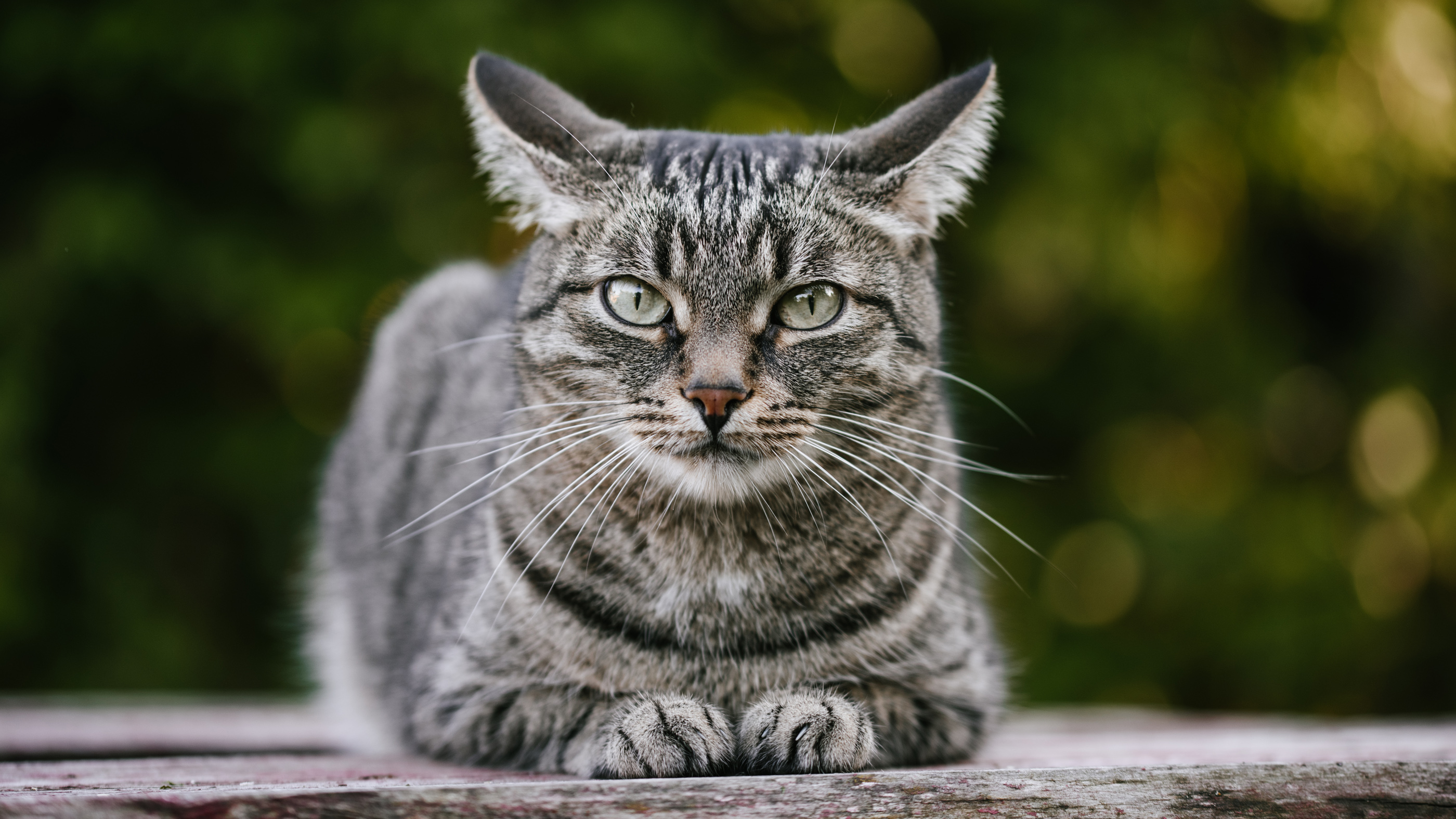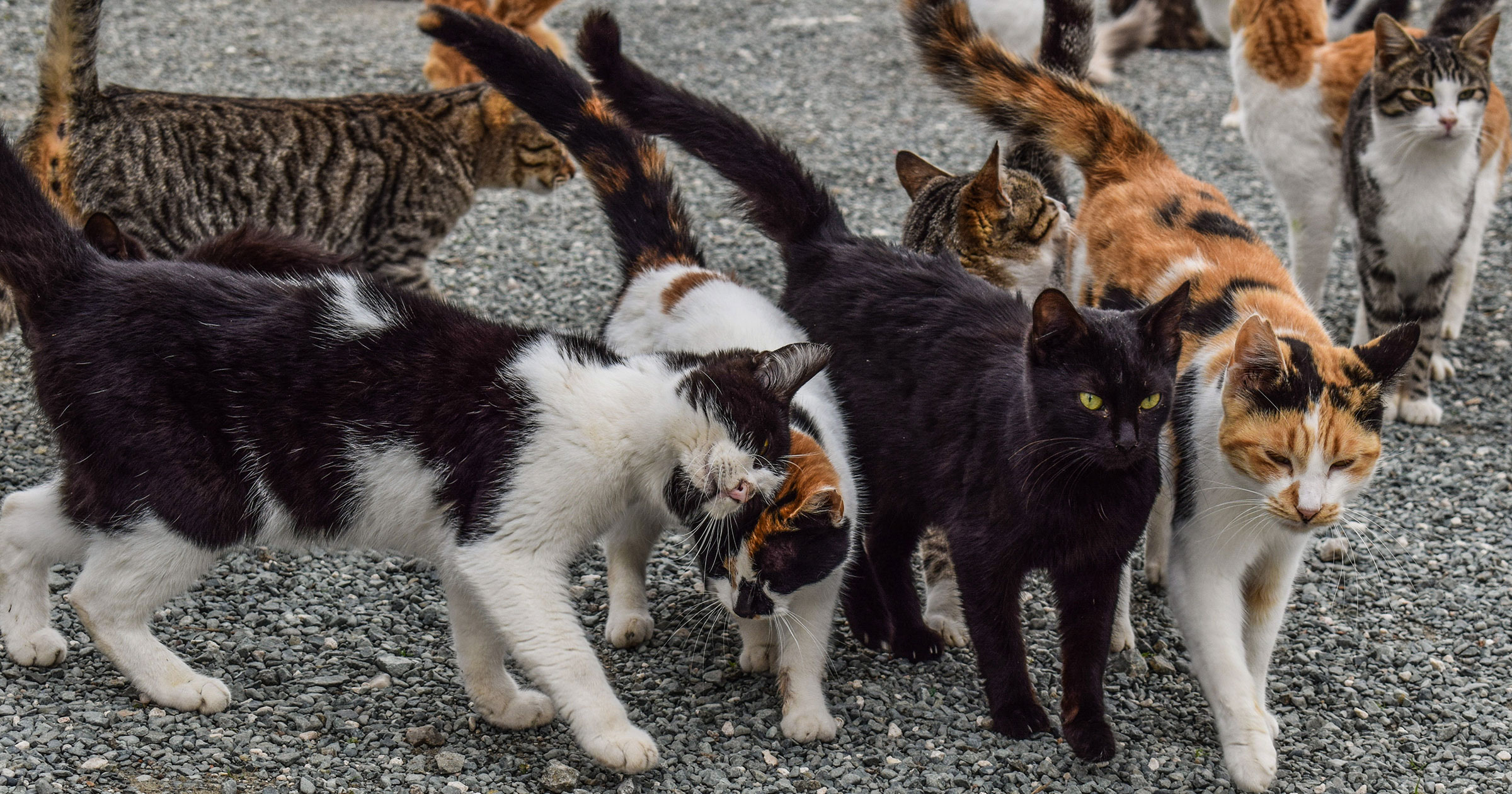Coronavirus In Cats Symptoms
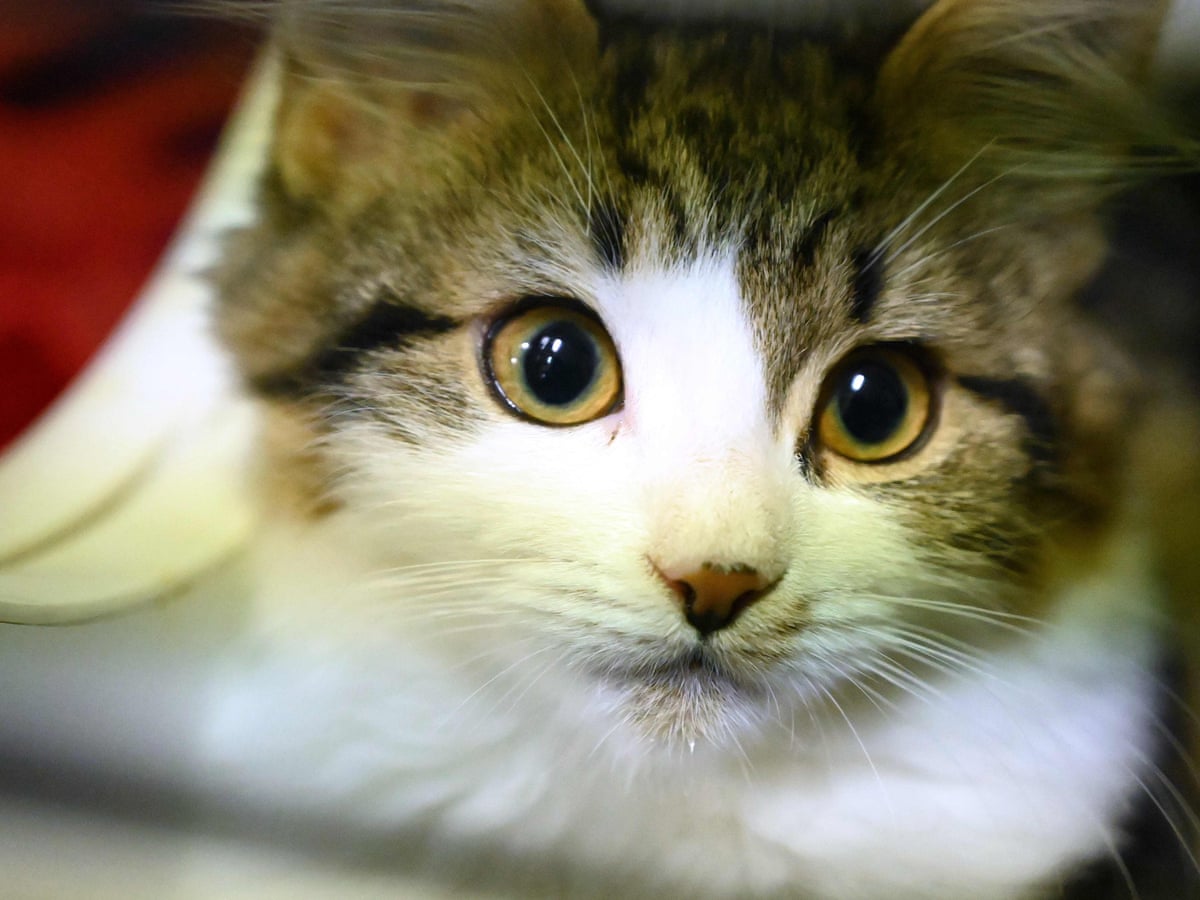
Feline enteric coronavirus FECV is an enveloped single-stranded RNA virus that is highly prevalent worldwide in domestic cats.
Coronavirus in cats symptoms. If your pet becomes ill theres reason to be hopeful. Some coronaviruses such as canine and feline coronaviruses infect only animals and do not infect people. Eight cats and dogs that lived in the same homes as the pets that tested positive for.
Fortunately most of the small number of animals that have tested positive for Covid-19 have either not had symptoms or only suffered very mild symptoms such as. Investigators are still unsure of the routes by which strains of coronavirus are transmitted between cats. Signs of coronavirus can be respiratory such as sneezing discharge from the nose runny eyes or gastrointestinal such as diarrhea or vomiting in origin.
The first signs of illness following infection from the feline infectious peritonitis virus can show after just a few days or only several months later. If you or a family member has COVID-19 watch for lethargy breathing issues respiratory discharges coughing sneezing and diarrhea in your cat. Coronaviruses are a large family of viruses.
The pets that did become ill only experienced mild symptoms and could be cared for at home. The cat with coronavirus had symptoms of feline herpes Professor Weir told LBCs Tom Swarbrick. Fever- A normal temperature for your cat falls between 995-1025 Fahrenheit.
If possible keep your cat indoors if they are happy to be kept indoors. Thirteen owned cats 27 had symptoms most commonly a runny nose and difficulty breathing. The cat experienced breathing difficulties and nasal discharge stock image.
Symptoms of Covid-19 in animals. They can also show symptoms of COVID-19 and might be able to pass it to other cats. This infection can affect the brain liver kidneys lungs and skin.
